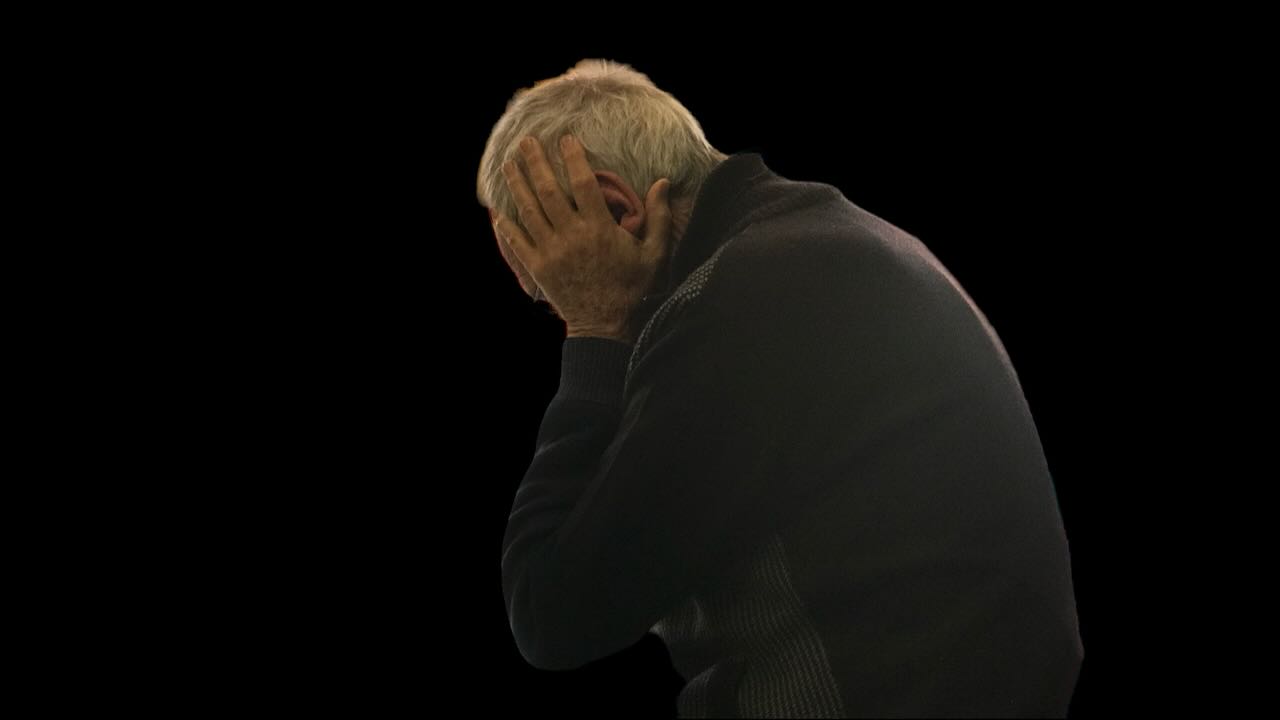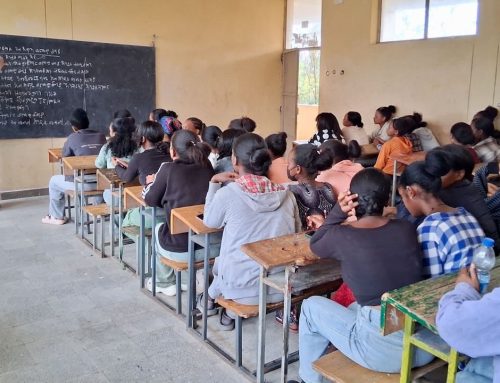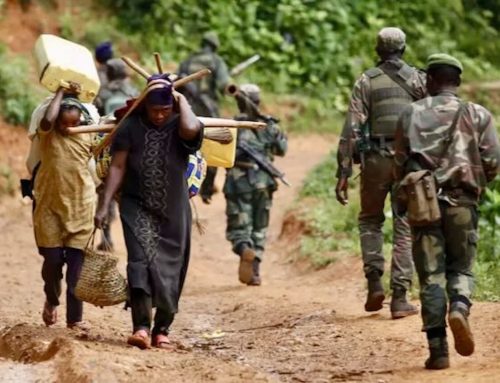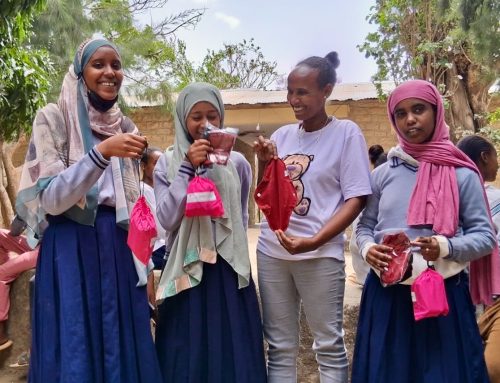Mourning in Tigray, a valley of tears for the fallen on the frontline
Ángel Olaran, in his piece collected in this publication, conveys the immense wave of mourning in Tigray, a valley of tears for the fallen on the frontline during the war. Desolation hangs over the region, with the city of Wukro immersed in deep sadness following the recent announcement to families about the loss of their loved ones.
Entire families grieve their losses. Collective funerals have become the norm, with up to seven members of a family bidding farewell together. Schools, after years of closure, face the start of the academic year marked by absence, with up to 100 % of students and teachers affected by the duration of the mourning. Uncertainty looms over many, with no news of loved ones who could be imprisoned or, worse yet, gone. The information that is coming suggests that many of the fallen were victims of drone attacks and heavy artillery movements. The news has left a bleak outlook. Amid this pain, the community struggles to find hope as funerals multiply and the tragedy spreads throughout the region.
Written by Ángel Olaran
Mourning in Tigray (valley of tears)
The entire region is in mourning, including Wukro.
A woman who lives 15 minutes from my house, on her way to visit me this morning, passed by 10 houses where mourning is being held for the sons who died on the frontline.
It’s been just over two weeks (September 2023) since families started receiving the news of their members’ deaths, and the communication arrives slowly.
In the nearby Orthodox parish, today, the funeral of seven of these young men was held. There are families in which up to seven members have died: brothers, parents, uncles, sons, nephews, brothers-in-law, and cousins. In other cases, it’s five members. The usual scenario is one. In Wukro, there are five Orthodox churches, and the same thing happens in all five, several days a week: from one collective funeral to another, from one grieving family to another.
Yesterday, the funeral of a school employee’s son took place. The boy, barely 17 years old, wasn’t accepted as fit. He insisted, and on the fifth try, they accepted him.
We are at the beginning of the academic year, after three years, with schools closed, except for those in grades 1 to 6. In addition to the funeral, mourning in homes lasts for a week. Among students and teachers, class absences can reach 100 %.
In our “family” case, we only lack news of Hailemikael, Kiday’s brother, Guerre, Abraha, and Zafu. There is a remote possibility that he may be detained with the Fano or the Eritreans. But the worst is feared. Kiday was on the frontline – she’s already home. Uncertainty is also suffered by one of our cooks: it’s been more than a year since she heard any news of her son or nephew. Uncertainty is still shared by many families… And the members of the basketball club with one of their coaches.
And remember the death of Brehane, whom the soldiers forced, along with three of his friends, to bring them chickens, goats, wheat, and more from the neighborhood’s houses to kill them after they finished delivering it. It happened in Wukro. Moreover, the death of Shishay, who was on the frontline, and you got to know him in the leather bracelet workshop.
On Saturday, the 7th, the funeral for 100 of these young men took place in Dugun, a village on the way to Geralta. The soldiers cover a geographical area around Dugun.
From the information that’s coming in, many of the deaths have been due to drones, against heavy artillery movements, against trucks with soldiers, including the trucks carrying soldiers back to their homes during the week of negotiations in Pretoria almost a year ago. The Prime Minister (PM) announced that despite the negotiations, he would not lose the momentum he had been having on the frontlines and would continue to advance.
Ángel
With the collaboration of










